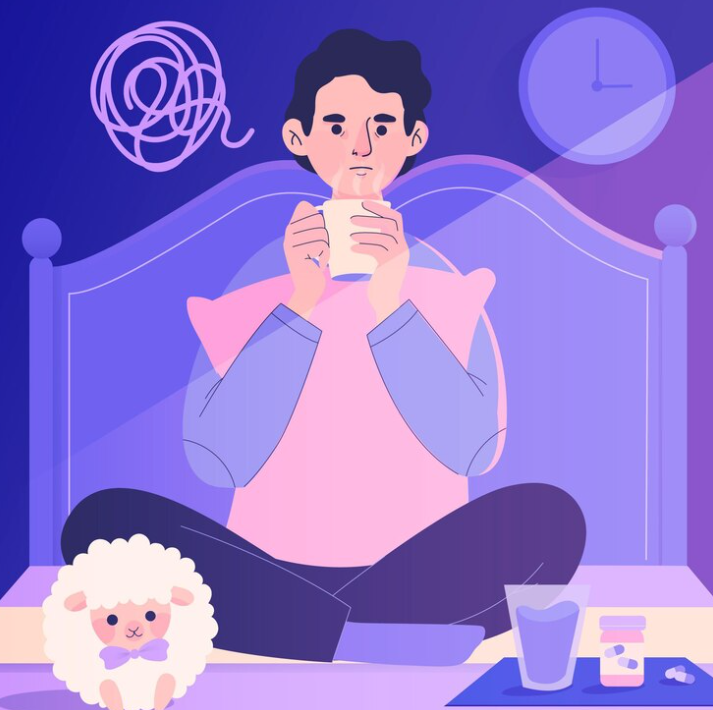
The Role of Hormones in Cognitive Behavioral Therapy for Insomnia (CBT-I)
Introduction
Cognitive Behavioral Therapy for Insomnia (CBT-I) is a treatment that helps change behaviors and thoughts that cause sleep problems. Hormones play a key role in regulating sleep. However, CBT-I focuses on psychological factors that affect sleep quality. In this blog, we explore how hormones interact with CBT-I and its effectiveness for managing insomnia.
What is CBT-I?
CBT-I is a structured program that helps individuals identify and change the habits that interfere with sleep. It uses techniques like stimulus control, sleep restriction, relaxation training, and cognitive restructuring.
How Hormones Affect Sleep
Hormones such as melatonin, cortisol, and adrenaline regulate our sleep-wake cycle. CBT-I addresses psychological factors, but behavioral changes from CBT-I can also impact hormone levels.
How CBT-I Works
- Stimulus Control: This technique helps create a strong association between the bedroom and sleep by limiting activities like reading or watching TV in bed. It helps regulate melatonin production, promoting better sleep.
- Sleep Restriction: Limiting the time spent in bed to actual sleep time improves sleep efficiency. This leads to better regulation of cortisol levels and enhances sleep quality.
- Relaxation Techniques: Deep breathing, progressive muscle relaxation, and guided imagery reduce stress and lower cortisol levels, making it easier to fall asleep.
- Cognitive Restructuring: This technique addresses negative thoughts and worries. It reduces anxiety and adrenaline, which makes it easier to fall asleep and stay asleep.
The Effectiveness of CBT-I
Numerous studies show CBT-I is effective in improving sleep. It is as effective as medication, but with longer-lasting benefits and fewer side effects.
Conclusion
CBT-I targets the psychological factors that disrupt sleep. Although hormones regulate sleep, CBT-I helps improve sleep quality and duration by changing behaviors and thoughts. It can lead to better health and overall well-being.
To seek medical advice, always consult a Doctor. Here are our recommended experts. Click Here
To read more on Insomnia. Click Here


